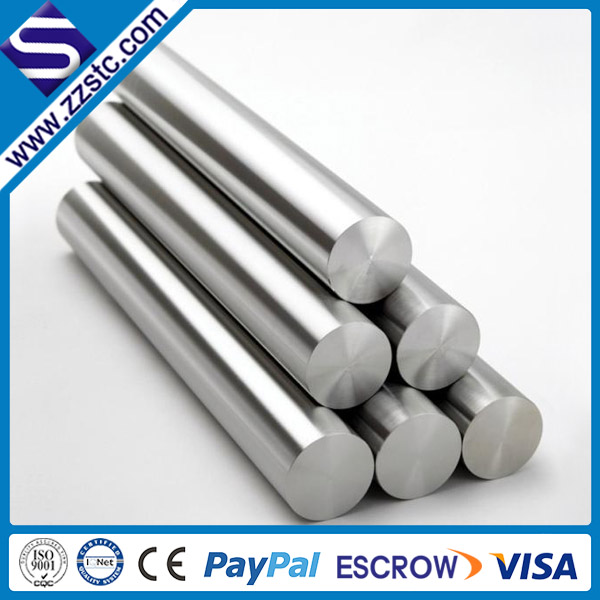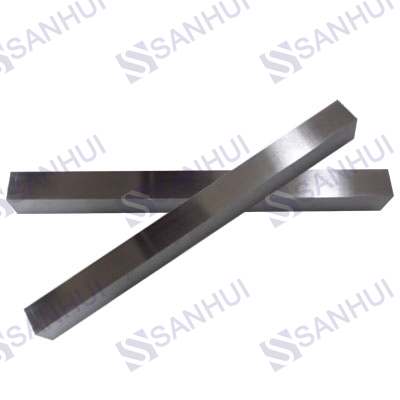Nickel super alloy containing 18% of molybdenum has high melting point, low density and low thermal expansion coefficient and other properties, which are used in the manufacture of all kinds of high temperature components of aviation and space. Tungsten and molybdenum are widely used in electron tubes, transistors and other electronic devices rectifier. Molybdenum oxide and molybdate are excellent catalysts in the chemical and oil industries. Molybdenum disulfide is an important lubricant, which is used in aerospace and mechanical industrial department. In addition, molybdenum disulfides can catalytic hydrogenation of carbon monoxide to produce alcohols under certain conditions. And it is a promising C1 chemical catalyst. Molybdenum is an essential trace element for plant, which is used as a trace element fertilizer in agriculture. Molybdenum is possible to replace Shi Moxi in the electronics industry.
USA California Nanotechnology Research Institute (CNSI) successfully used the MoS2 (molybdenite, molybdenum disulfide) produced molybdenite based flexible micro processing chip, the size of micro chip based on the MoS2 is only 20% of the same silicon chip and the power consumption is extremely low. The power consumption of transistor made of molybdenite accounts for 1/100000 of silicon transistor, and it is cheaper than the same size grapheme circuits! However, the biggest change is the circuit which has very strong flexible. What's more, it is extremely thin which can be attached on the skin of the human body.
In 2011, the Swiss Federal Institute of technology in Lausanne (EPFL) scientists has created the world's first molybdenite microchip (smaller and more energy-efficient transistor) molybdenite which will replace the silicon chip powerful competitors in the future! Professor Andras Kish led research said, molybdenite is the next generation semiconductor material with good prospect, show very broad in the manufacture of ultra small transistors, light emitting diodes and solar cells, and the American California nanotechnology research institute made of Molybdenite based flexible micro processing chip will be more broad prospects in the future.



























